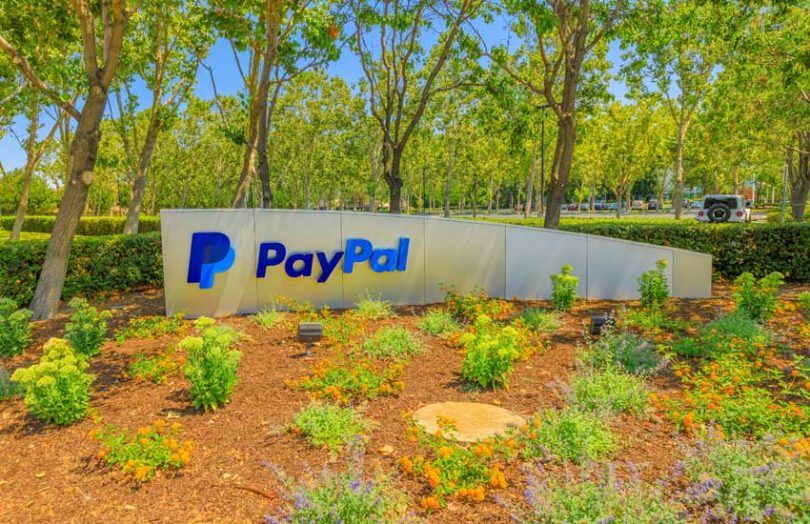PayPal has unveiled the PayPal USD (PYUSD) a stablecoin issued by its crypto partner Paxos Trust on the Ethereum network. The stablecoin will initially be available only to eligible U.S. PayPal customers.
“The shift toward digital currencies requires a stable instrument that is both digitally native and easily connected to fiat currency like the U.S. dollar,” said Dan Schulman, president and CEO, PayPal. “Our commitment to responsible innovation and compliance, and our track record delivering new experiences to our customers, provides the foundation necessary to contribute to the growth of digital payments through PayPal USD.”
This is the first large scale stablecoin rollout by an incumbent financial institution which comes as stablecoin legislation is still being debated by U.S. legislators.
Paxos has operated its own stablecoin for years and was the issuer of the Binance USD stablecoin until it was instructed to stop earlier this year.
We wondered whether the stablecoin might only be used within the PayPal walled garden but the company stated that it can be transferred to “compatible” external wallets. It also says it is “designed to be compatible” with most exchanges and web3 apps. Given that PayPal as a company has to comply with KYC and anti money laundering (AML) legislation, time will tell how freely the stablecoin can move.
Most stablecoins issued by mainstream institutions are either not available to retail users, or still being tested. Examples of institutional stablecoins issued by banks include Societe General Forge and Switzerland’s Sygnum.
We believe Brazil’s BTG Pactual is the main one to have launched a stablecoin targeting retail users.
The news comes as the largest stablecoin Tether (market cap $84 billion) has been de-pegged in a tiny way for most of the past week, currently at 99.8 cents. The cause might be related to DeFi stablecoin trading on Curv which has an unbalanced pool. There are also general crypto rumors many unrelated to Tether itself. These include (so far) unsubstantiated reports on X (Twitter) of police investigations at an exchange.
Update: This article has been significantly expanded






